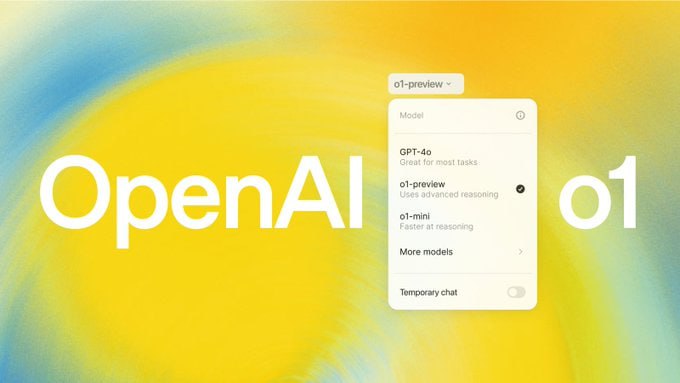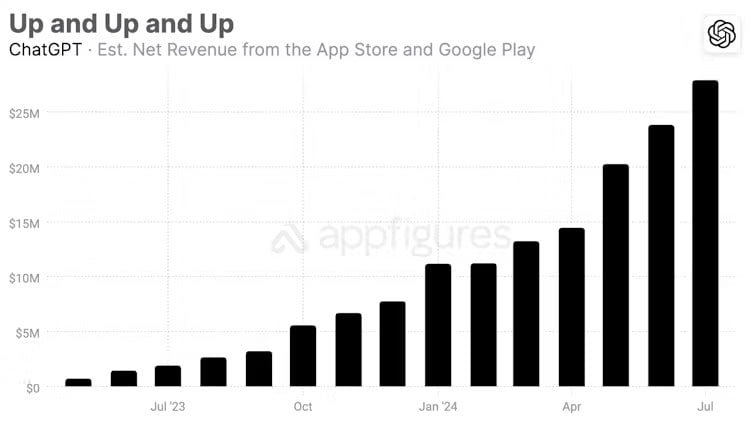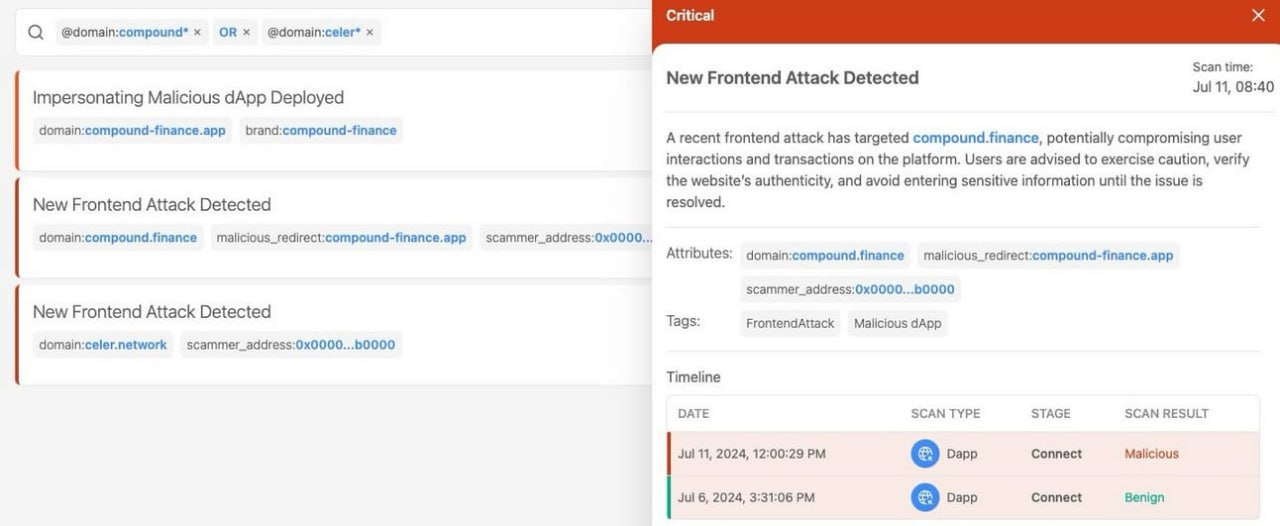The hacker group SweetSpecter, allegedly linked to China, attempted a phishing attack on OpenAI employees, according to the startup, as reported by Bloomberg.
The hackers posed as ChatGPT users and sent emails to OpenAI’s support team containing malicious attachments. If opened, these files could have allowed the hackers to take screenshots and extract data.
The attack occurred earlier this year but was unsuccessful, the company stated.
“The OpenAI security team quickly reached out to employees who were potential targets of the phishing campaign and found that existing security measures prevented the emails from reaching their corporate inbox,” the company noted.
OpenAI disclosed the details of the incident in a threat report, outlining its efforts to combat influence operations. The report also mentioned the removal of accounts linked to groups in Iran and China that used AI for programming, research, and other tasks.
It is worth noting that in February, OpenAI blocked state-sponsored hackers’ access to ChatGPT.










